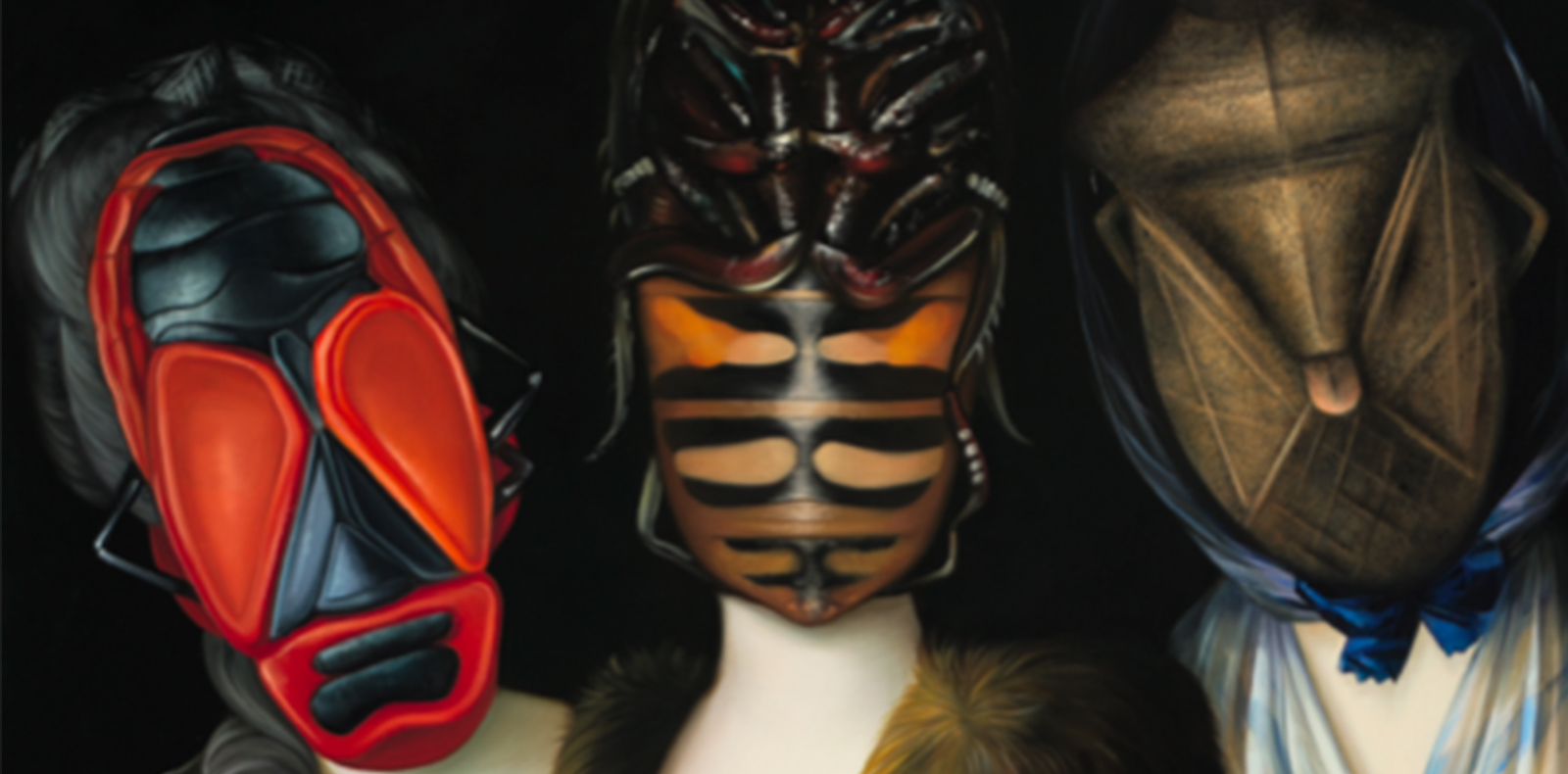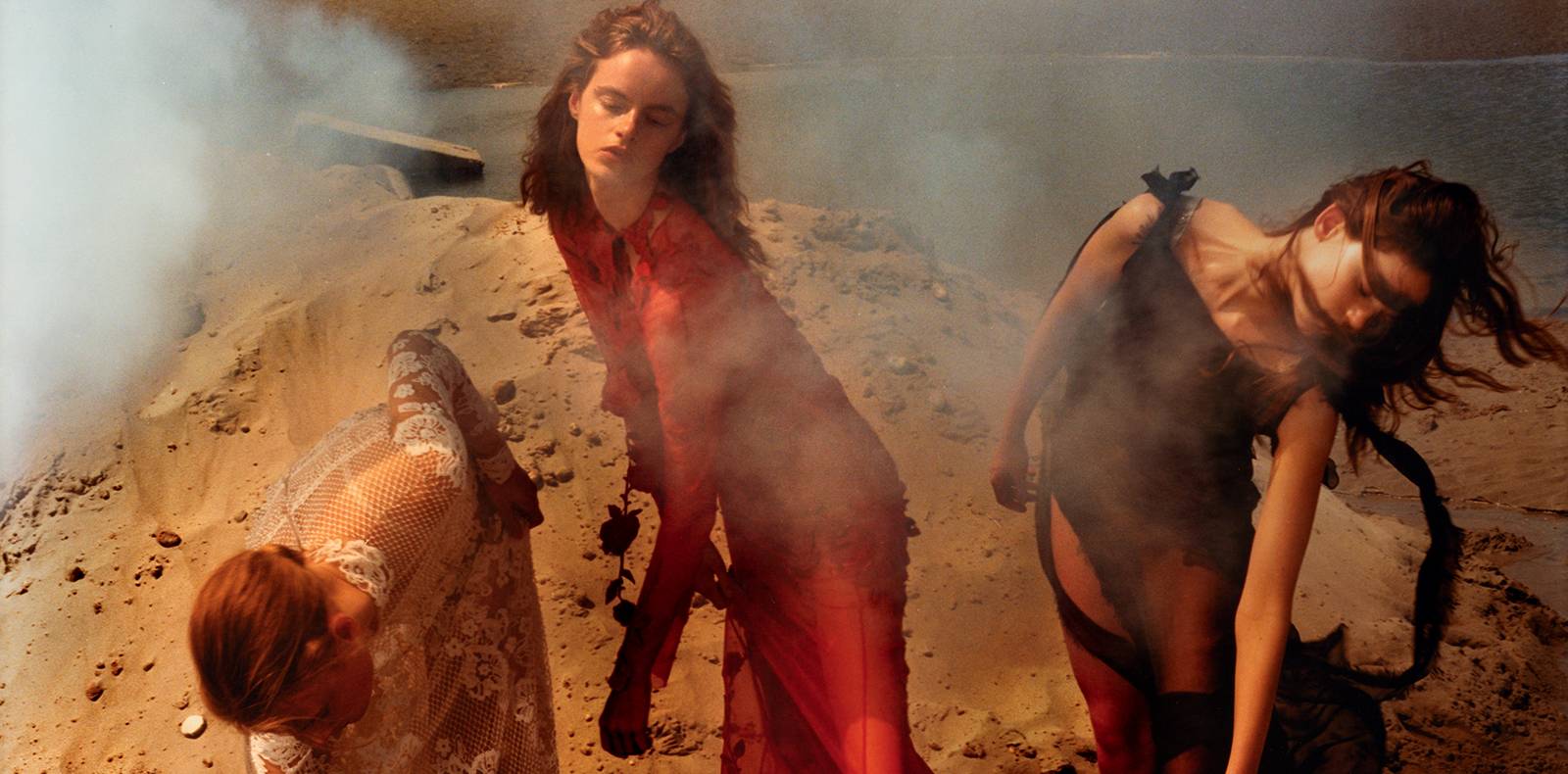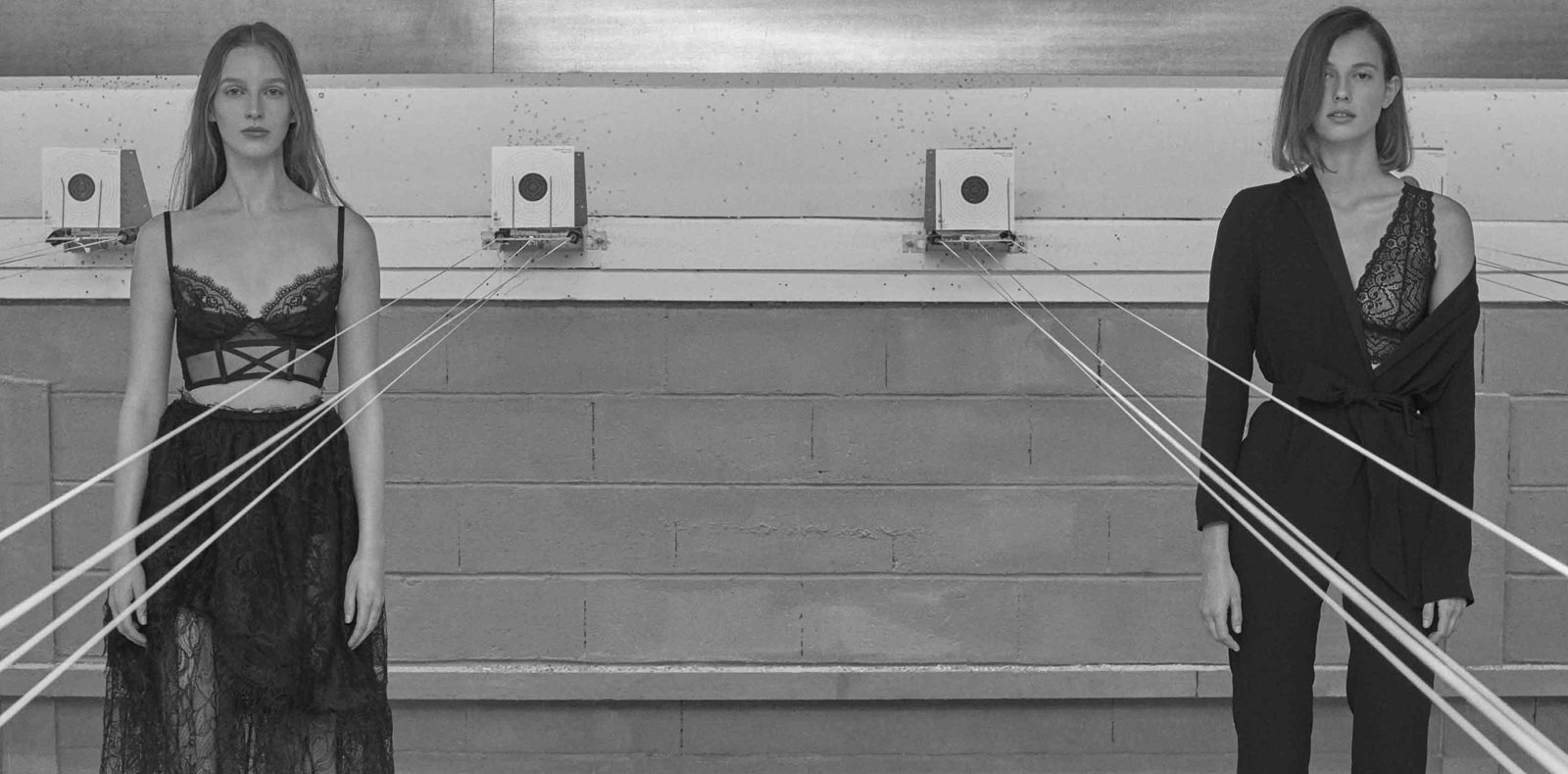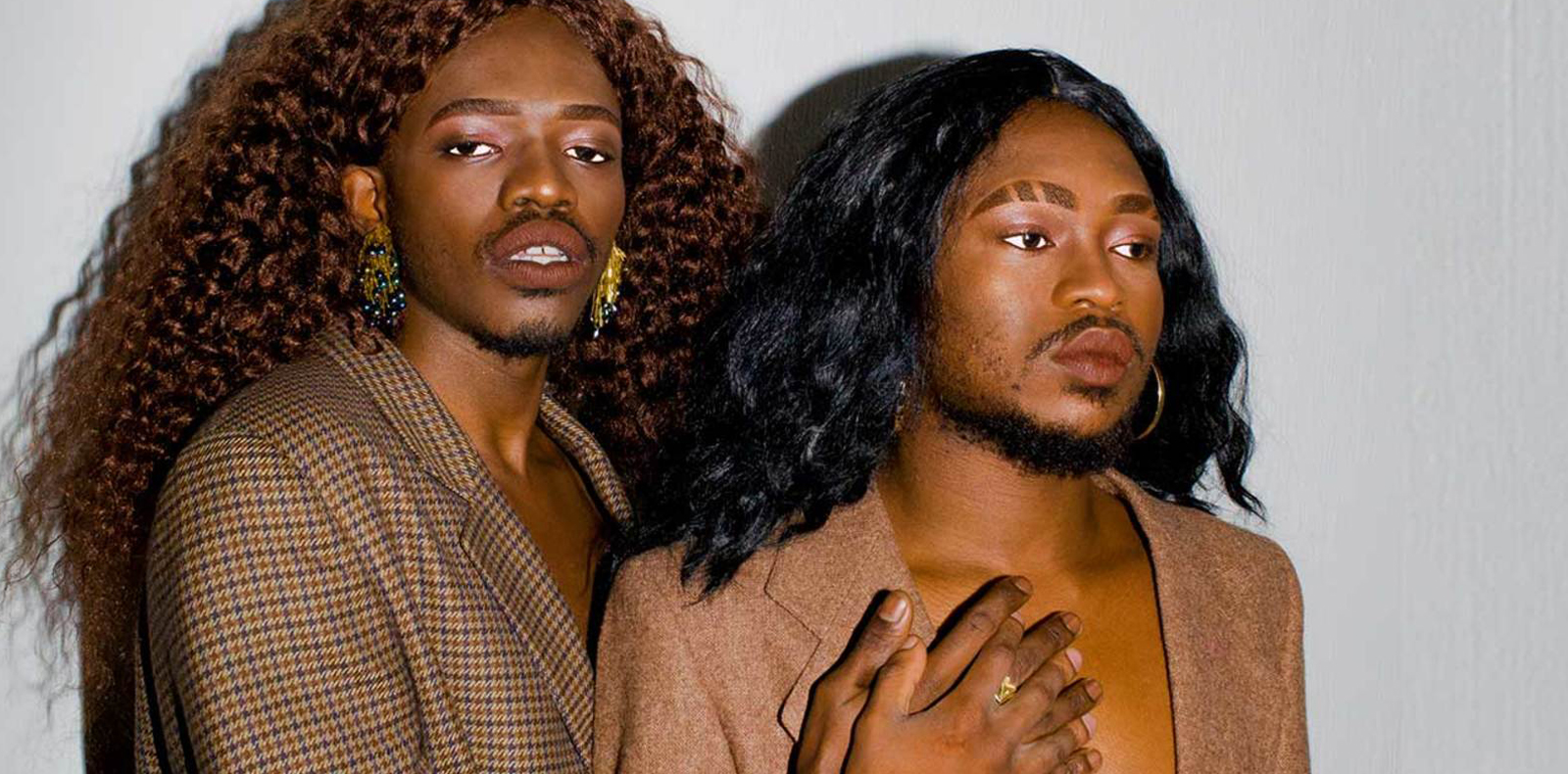
2
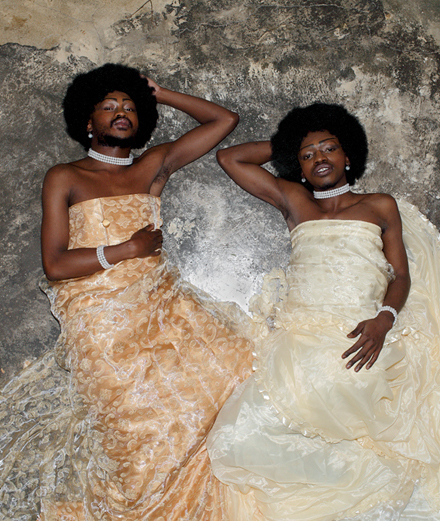
2
Faka, the queer duo ruling over South Africa
The Faka duo have made their mark as the figureheads of queer culture in South Africa. Sporting high heels, Desire Marea and Fela Gucci are celebrated for their “kwaito”, a sort of African rap diluted by a post-apartheid house.
By Alexis Thibault.
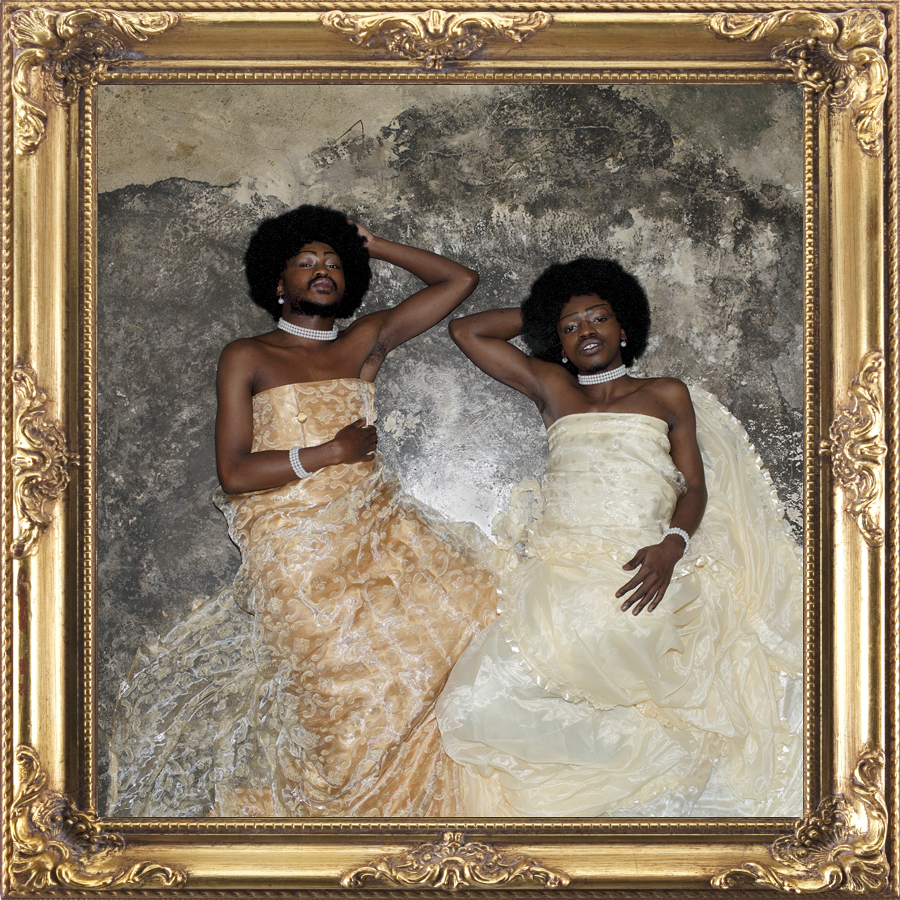
In the midst of Johannesburg’s thirsty vegetation, a rather odd couple dance, sway and strike model poses, all while perched on high heels. Bright red leatherette trousers swathe the thighs of Desire Marea and Fela Gucci while white silk gloves emphasise their undulating hands as they vogue. Uyang’khumbula is the music video by Faka, a musical project founded in 2010. Just like kwaito, rap with African sonorities diluted by a post-apartheid house, Faka have dragged themselves out of the hell of South African townships.
In the 1990s, kwaito – meaning ‘anger’ in Afrikaans – became the preferred means of expression for the black South African populations. While apartheid was tearing the country apart, this musical and choreographic movement was channelling their violence. But Nelson Mandela, after twenty years in prison, called for appeasement and tried to pacify then depoliticise kwaito music and its furious drum machines.
Fifteen years later and the Faka duo are screaming their thirst for freedom through… kwaito. Or rather its heir, gqom (meaning ‘to hit’ in Zulu), a musical genre of the 2010s that’s more minimalist than South African house. Made-up with red lipstick and glittering eyes, Desire Marea and Fela Gucci condense the suffocating and sensual ambiance of gay nightclubs into their sonorous collages. Between psychedelic performances and love songs, they engage in a languorous mass and organise their own parties in Johannesburg, entitled Cunty Power…
Long since knighted by rapper Mikky Blanco, the two members of Faka are the most loyal models of the photographer Kristin-Lee Moolman. The stylist IB Kamara dresses these queer performers in openwork leopard print jumpsuits, transparent crop tops and 90s low slung trousers. Faka fully reject heterocentrism, the flamboyant commitment at the heart of post-apartheid South Africa to ultra-masculine values. In this country, identities are subject to hierarchies – racial, gender and sexual – that prohibit all types of awareness, all sorts of ambiguity. We were looking forward to catching the duo at the Loud & Proud festival at the Gaîté Lyrique in Paris – a celebration of queer culture… but so far, they haven’t been given visas.







